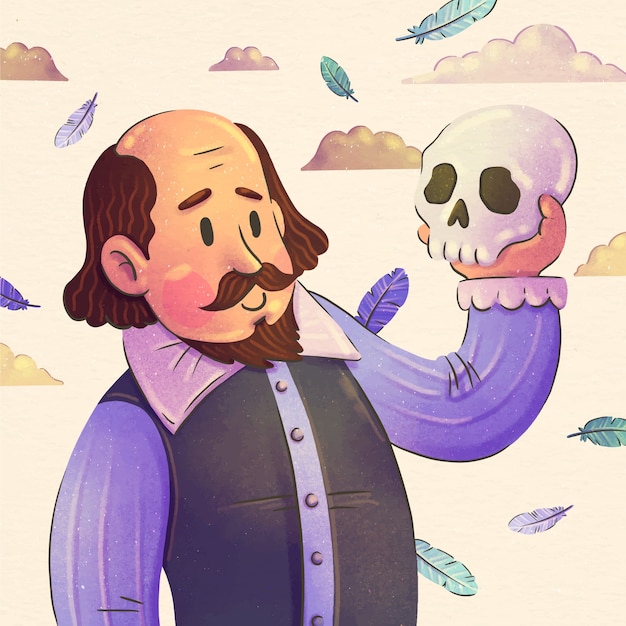Discovering Fascinating Facts about John Adams

John Adams was the first vice president of the United States.
He served as the second president of the United States from 1797 to 1801.
John Adams was a key figure in the American Revolution.
He played a crucial role in the drafting of the Declaration of Independence.
Adams was known for his strong advocacy of American independence and his dedication to the cause.
John Adams was married to Abigail Adams, who was an influential figure in her own right.
Adams was one of the founding fathers of the United States.
He was born on October 30, 1735, in Massachusetts.
John Adams was a highly educated individual and a Harvard graduate.
He was a lawyer by profession.
Adams had a deep reverence for law and order.
John Adams was the first president to reside in the White House, then called the President’s House.
Adams was a prolific writer and corresponded extensively with his wife, Abigail.
He had a prolific political career, serving in various roles, including diplomat, vice president, and president.
John Adams played a crucial role in the negotiations of the Treaty of Paris, which ended the Revolutionary War.
Adams was a strong advocate for religious tolerance and the separation of church and state.
He was instrumental in the establishment of the United States Navy.
Adams was known for his sharp wit and intelligence.
He was a dedicated family man and had six children with Abigail Adams.
Discovering Fascinating Facts about John Adams part 2
John Adams had a close friendship and correspondence with Thomas Jefferson, another founding father and president.
Adams and Jefferson died on the same day—July 4, 1826, which also happened to be the 50th anniversary of the Declaration of Independence.
John Adams famously defended British soldiers accused in the Boston Massacre, demonstrating his commitment to the rule of law.
Adams was a strong advocate for the rights of colonists and fiercely opposed British tyranny.
John Adams was involved in the creation and drafting of the Massachusetts Constitution, which became a model for other states.
Adams was a strong supporter of education and believed it to be a fundamental pillar of the new republic.
He was known for his strong moral character and integrity.
Adams was an avid reader and believed in the power of knowledge and learning.
John Adams played a key role in negotiating peace with France, preventing a full-scale war between the two countries.
He was known for his strong defense of civil liberties and individual rights.
Adams was a firm believer in checks and balances and the importance of a strong executive branch.
John Adams was the first president to live in the newly built capital city of Washington, D.C.
He strongly advocated for the abolition of slavery and believed that it was a stain on the principles of liberty and equality.
Adams had a strong sense of duty and commitment to public service.
John Adams was a vocal critic of political parties and believed that they would undermine the stability of the young republic.
He was known for his dedication to public service and commitment to the common good.
Adams was deeply influenced by Enlightenment thinkers like John Locke and believed in the importance of individual liberty.
John Adams was one of the main proponents of independence in the Second Continental Congress.
He believed in the power of reason and intellectual debate in shaping public policy.
Adams played a crucial role in the development of the U.S. Constitution and its ratification.
He was a firm believer in a strong central government to maintain order and protect citizens’ rights.
John Adams was one of the longest-living presidents in history, living until the age of 90.
Adams was known for his strong defense of freedom of the press and the importance of an informed citizenry.
He was an ardent supporter of the American Revolution and fought for the independence of the colonies.
John Adams was the first president to be involved in the peaceful transfer of power from one administration to another.
He left behind a legacy of dedication to the principles of liberty, democracy, and the pursuit of happiness.

